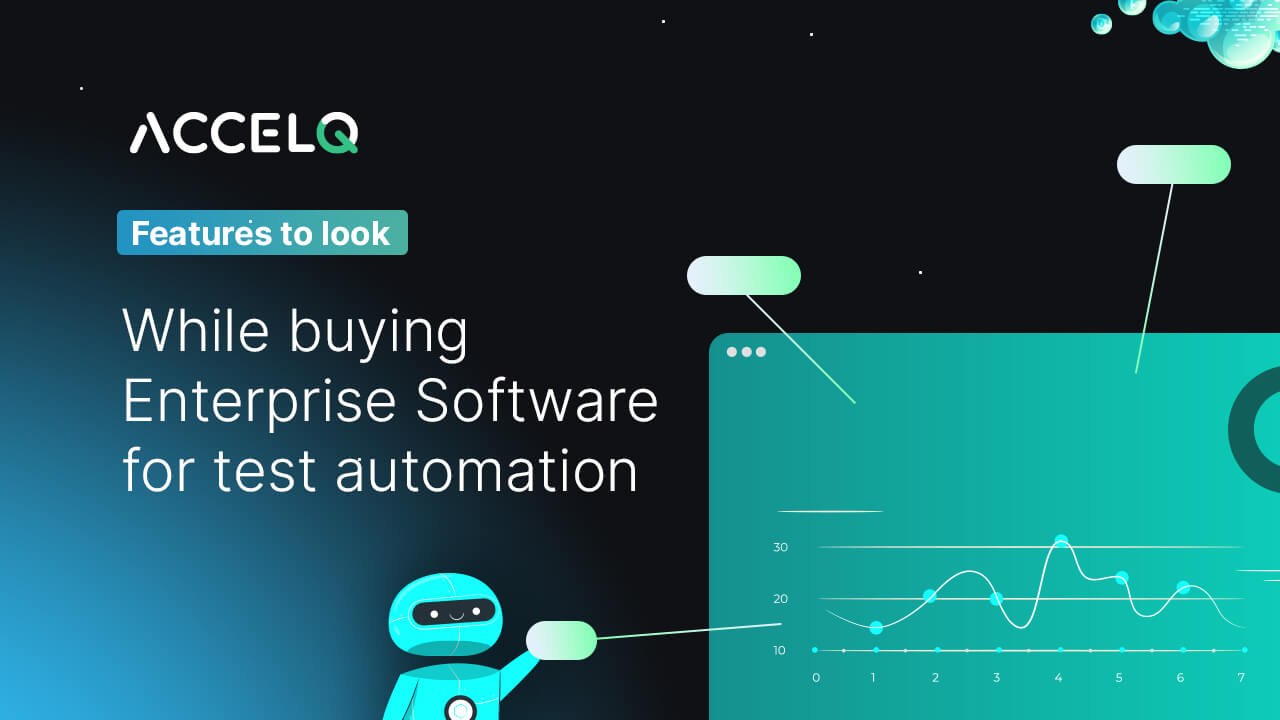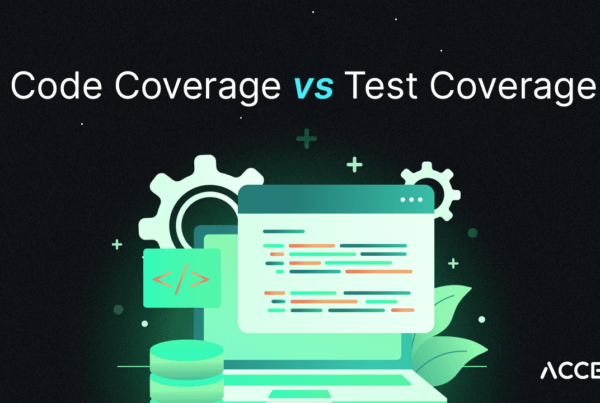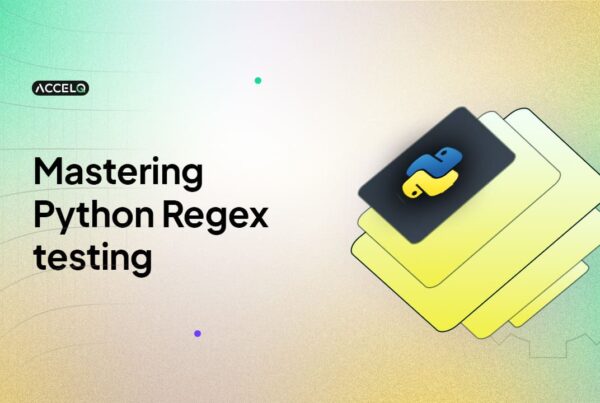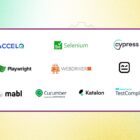
What are the features to look for when purchasing an enterprise software tool for performing test automation? Let's discuss that.
Things To Consider When Buying Any Enterprise Software for Test Automation

Be it any enterprise software solution, buyers must follow suit with considerations that go much beyond pricing and features. In essence, enterprise software must have the capability to scale up with growing business needs.
To that end, here are four things to consider when buying any enterprise solution:
1. Use Case
Many companies invest in an enterprise solution and find it frustrating that it does not meet their business needs. To avoid this situation, buyers must evaluate their business use cases and check if the enterprise product can meet their requirements. Here are some common questions to address:
- Are the use cases common among customers in the same industry domain?
- Is the enterprise product used for a unique use case?
- Can the enterprise solution fulfill the unique requirements of the company?
2. Customer Support
Customer support is a key cost component for any company purchasing enterprise software tools. Enterprises often overlook the cost and quality aspects of customer service during the purchase cycle. However, beyond product features and price, buyers must have clarity on after-sale training and support fees.
Here are some best practices when evaluating customer support:
- Evaluate the vendor’s support team, channels, and metrics during the buying cycle.
- Evaluate the real-world experience of working with the vendor’s customer support team.
3. Product Roadmap
When considering any enterprise software, companies must look for a detailed product roadmap. This details the features and, in general, the future direction of the enterprise software. Most product roadmaps tend to focus on the new features that are likely to be added over the next 12 months.
Instead, buyers must focus on what new features the product company has delivered over the last 12 months. To that end, evaluate the product vendor based on their:
- Realistic product expectations
- Future investment priorities
- Product strategy
- Business vision
4. Product Upgrades
Finally, companies must explore the terms and conditions of product upgrades or contract renewals. For example, with business growth, are there any scalability limits in using the enterprise product that could increase expenses?
Another consideration is whether new product features are included in the existing license (or contract) or will be a paid add-on.
Next, let's discuss the essential features to look at when considering an enterprise software tool for test automation.
4 Features to Look for in Test Automation Software

In recent years, application development has transformed primarily driven by DevOps and Agile practices. As more business applications release iteratively, the "traditional" mode of software testing is no longer feasible in today's development environment.
To meet the changing demands, no-code (or codeless) test automation tools are replacing traditional testing tools. However, with over a dozen test automation tools, it's challenging for companies to select the right tool.
Here are four features to look for in any test automation tool:
1. Continuous Testing
In the age of DevOps, continuous testing is another essential feature to look for in a test automation tool. The growing demand for mobile applications is also fueling the growth of continuous testing.
What are the benefits of continuous testing in the QA process? Here are some:
- Software quality is the responsibility of the entire product team (instead of just the QA team).
- Involves the QA team right from the early stages of product development.
- Enables the test environment to resemble the actual production environment.
2. Reusability
Any application (under test) always includes repeatable steps like signing into the application. With record-and-playback tools, recording the signing-in process for testing is a major hassle and challenge. Furthermore, each time there is any change in the repeatable process, QA engineers need to modify the test script.
Using the reusability feature, test automation tools can simplify the maintenance of automation test scripts and save valuable time. Besides, the best test automation tools focus on building a sustainable design in place of creating individual test cases. Using both modularity and reusability, change management is facilitated through best practices.
3. Codeless Test Automation
Codeless is the future of test automation. As an essential feature of any test automation tool, codeless automation saves both developers and QA teams from the time-consuming task of coding test cases.
With the codeless approach to test automation, companies can bridge the gap between faster product releases and the shortage of testing skills. Also, codeless automation can benefit product development companies by:
- Reducing the time and effort in manual testing
- Reducing the time spent on writing repetitive and redundant test cases
- Simplifying application testing at multiple levels.
4. Deep learning technologies like AI and ML
Deep learning technologies like AI and ML have the potential to transform automation testing. AI-powered test automation tools enable continuous testing & product improvements, along with higher ROI.
QA teams can now embed these technologies in their test automation, thus making their test scripts accurate, reliable, and efficient. AI-based automation tools can overcome common challenges like adapting the application testing to:
- Constant product changes
- Overcome flakiness with robust test cases
- Perform regression testing after every code change
Moreover, product development companies can leverage AI-powered analytics to extract insight from large volumes of test automation data.
Conclusion
For any company, purchasing the right enterprise software application is a demanding and challenging task. Beyond the initial purchase price and features, companies must consider factors like the product roadmap, customer support, and product vision. For long-term benefits, companies must look to partner with enterprise software companies. This can help them resolve common product issues in the post-implementation phase.
As an enabler of codeless test automation, ACCELQ is the right partner to meet your growing requirements in software testing. At ACCELQ, we work closely with our customers to provide them with the right solution to simplify test automation. Here is a detailed comparison sheet of ACCELQ against other conventional testing tools in the market today.
Are you looking for the right test automation tool for your organization? Sign up for a free product demo.
Related Posts
 Code Coverage vs. Test Coverage
Code Coverage vs. Test Coverage
Code Coverage vs. Test Coverage
 Master Python Regex Testing
Master Python Regex Testing



































